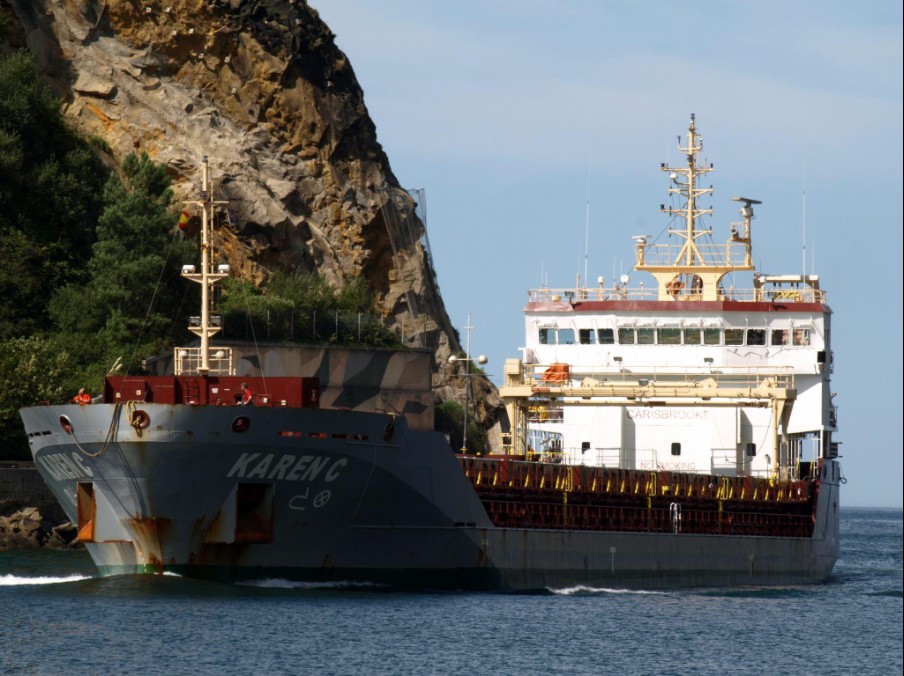Carnot's Waste-to-Hydrogen Innovation Powers Zero-Emission Sea Trial
Key Ideas
- UK startup Carnot is utilizing waste-to-hydrogen technology to power a 40-day sea trial of a zero-emission marine engine, with support from Compact Syngas Solutions and government grants.
- Compact Syngas Solutions will supply 200 kilograms of hydrogen produced from waste for the trial, aiming to reduce emissions in the marine industry.
- Carnot's 50 kW hydrogen auxiliary engine will be tested at Brunel University and eventually scaled up to 1 to 10 MW main engines, with potential for significant fuel efficiency improvements.
- Mitsui O.S.K. Lines (MOL) plans to invest in Carnot's engine technology, expecting a 40% increase in fuel efficiency and considering its application to MOL's merchant vessel fleet.
UK-based startup Carnot is set to conduct a 40-day sea trial using waste-to-hydrogen technology to power a zero-emission marine engine. The project, supported by a £2.3 million government grant, features a 70%-efficient 50 kW hydrogen auxiliary engine developed by Carnot. The engine, a precursor to larger models, will be tested at Brunel University before being integrated into a Carisbrooke Shipping cargo vessel for a trial voyage between Bristol and Belfast ports in March 2025. Compact Syngas Solutions, a Wales-based company, will provide 200 kilograms of hydrogen derived from waste for the trial, emphasizing the potential for emission reduction in the marine industry.
Karen Taylor from Compact Syngas Solutions highlighted the importance of hydrogen and methanol in decarbonizing the marine sector. Meanwhile, Jeremy Howard-Knight of Carnot expressed gratitude for the support from Compact Syngas Solutions in sourcing hydrogen for the trial, noting the significance of powering vessels with waste-derived resources.
In another development, Mitsui O.S.K. Lines (MOL) announced its investment in Carnot to enhance fuel efficiency through innovative engine technology. MOL's project with Carnot focuses on improving thermal and fuel efficiency by eliminating energy loss during cooling processes and utilizing advanced materials. Successful demonstration tests could lead to the adoption of this technology in MOL's merchant vessels, potentially revolutionizing fuel efficiency practices in the shipping industry.
Topics
Maritime
Energy Efficiency
Decarbonisation
Biomass
Government Funding
Fuel Efficiency
Marine Industry
Technological Innovation
Latest News
